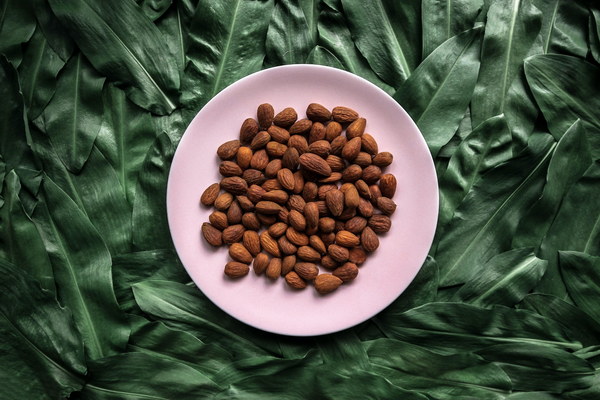Why Chickens Need Liver Care The Importance of Liver Health in Avian Welfare
In the world of avian agriculture, the health of chickens is paramount. One of the most critical organs in their bodies is the liver, which plays a vital role in various metabolic processes. Liver health is essential not only for the overall well-being of chickens but also for the quality of their eggs and the sustainability of poultry farming. This article delves into the reasons why chickens need liver care and the importance of maintaining optimal liver function.

Firstly, the liver is responsible for detoxifying the body. Chickens, like humans, are exposed to various toxins in their environment, including feed contaminants, pesticides, and ammonia produced by their own digestive processes. The liver acts as a filter, removing these harmful substances from the bloodstream. When the liver is compromised, it cannot effectively detoxify the body, leading to a weakened immune system and increased susceptibility to diseases.
Secondly, the liver is crucial for nutrient metabolism. It plays a key role in converting nutrients from the diet into energy, storing excess energy in the form of glycogen, and synthesizing proteins and cholesterol. A healthy liver ensures that chickens receive the necessary nutrients to maintain their growth, reproduction, and general well-being. Conversely, an unhealthy liver can lead to nutrient deficiencies, growth stunting, and reproductive issues.
Furthermore, the liver is involved in blood clotting. It produces clotting factors, which help prevent excessive bleeding when chickens are injured. A compromised liver can result in poor blood clotting, leading to prolonged bleeding and a higher risk of infection. Ensuring liver health is essential for the safety and welfare of chickens, particularly during the transportation and handling processes.
One of the primary reasons chickens need liver care is the high risk of liver diseases. The most common liver disease in chickens is fatty liver syndrome, caused by an imbalance in the metabolism of fats. This condition is often associated with a high-fat diet, inadequate exercise, and stress. Fatty liver syndrome can lead to liver inflammation, decreased liver function, and even liver failure. By implementing proper liver care practices, farmers can minimize the risk of this disease and ensure the health of their flock.
To promote liver health in chickens, several measures can be taken:
1. Provide a balanced diet: A well-balanced diet that meets the nutritional requirements of chickens is crucial. This includes a proper ratio of proteins, carbohydrates, fats, vitamins, and minerals. Avoid overfeeding chickens with high-fat diets, as this can increase the risk of fatty liver syndrome.
2. Ensure adequate exercise: Regular exercise helps chickens maintain a healthy weight and improves liver function. Provide ample space for chickens to roam, play, and engage in physical activity.
3. Minimize stress: Stress can have a detrimental effect on liver health. Implement strategies to reduce stress, such as providing a comfortable environment, managing handling techniques, and minimizing the use of antibiotics.
4. Regular health checks: Regular health checks can help identify liver diseases early and allow for prompt treatment. Pay close attention to any signs of liver dysfunction, such as changes in weight, appetite, or behavior.
5. Use of herbal supplements: Some herbal supplements, such as milk thistle and artichoke, have been shown to support liver health. These supplements can help improve liver function and protect against liver diseases.
In conclusion, chickens need liver care due to the vital role the liver plays in their overall health and well-being. By understanding the importance of liver health and implementing proper care practices, farmers can ensure the sustainability of their poultry operations and the welfare of their chickens. A healthy liver not only promotes the growth and productivity of chickens but also contributes to the quality of their eggs and the long-term success of the poultry industry.









